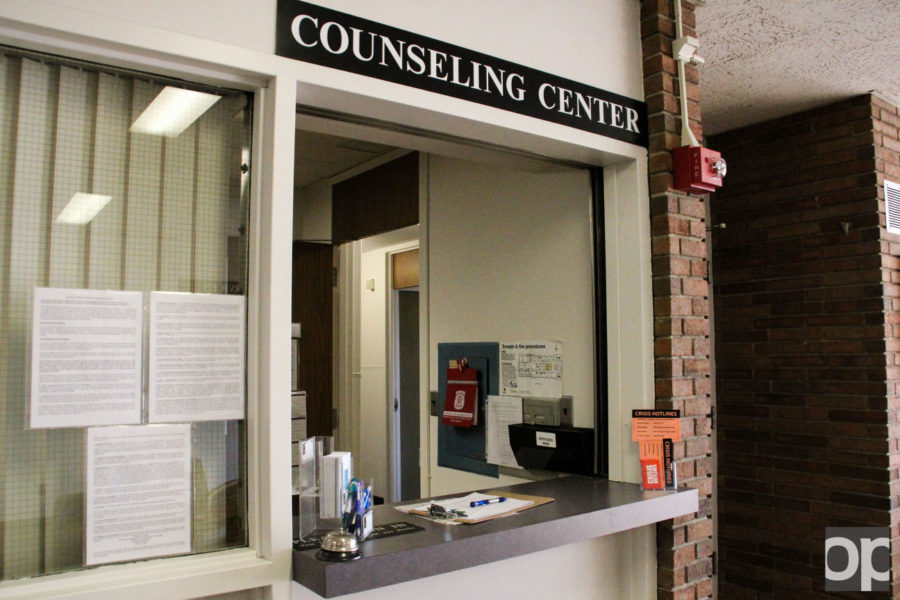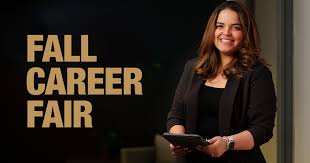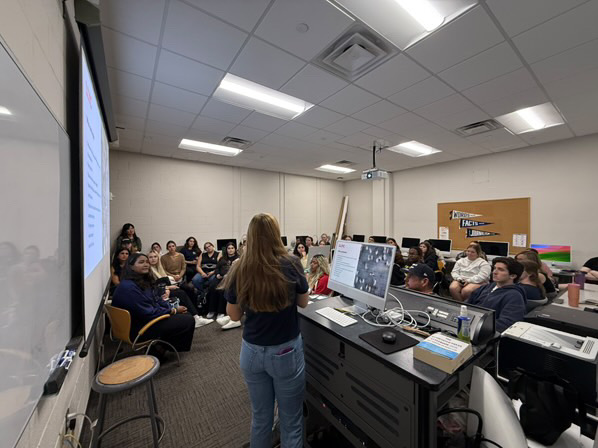Mental health is a growing concern: Is OU keeping up?
Mental health is a growing problem, especially among college students.
A 2015 study of 139 college and university counseling centers over five years found a “slow but consistent” growth in students reporting depression, anxiety and social anxiety, according to the Huffington Post.
Around one in six college students have been diagnosed or treated for anxiety, according to the Huffington Post.
One in every 12 U.S. college students makes a suicide plan, according to National Data on Campus Suicide and Depression. The Center for Disease Control stated it’s the second leading cause of death in people ages 15 to 34.
There are many possible factors that could contribute to the rise in reports of mental illness in college students.
First off, better diagnosis and a greater willingness to seek help certainly contribute, according to NY Magazine.
Social media is another factor.
Experts say that it can push students to make comparisons between themselves and their peers and makes it easy to feel excluded and can get in the way of a person developing real relationships.
Whether more college students are suffering from mental illness or more are now reporting their illness is contested.
Can Colleges Keep Up?
With the increase in reporting of mental health issues, many counseling centers are struggling to keep up, according to the Huffington Post.
There are many states with twice the suggested number of students to counselors, according to NY Magazine.
Oakland’s Counseling Center, a part of the Graham Health Center, is even worse.
David Schwartz, director of the Counseling Center, said OU has five full-time psychologists and one part-time psychologist, as well as four part-time interns.
The staff to student ratio is around one to 3,818.
This is compared to the average recommended ratio of one to 1,600, according to the International Association of Counseling Services, Inc.
Over the past few years, Schwartz said they have typically seen just over 500 students and staff per year. However, he said there have been clear indicators that the demand for their services have been increasing significantly, and will continue to do so.
Two full-time psychologists were recently hired as part of July’s 8.48 percent increase in tuition.
Still, many feel this shortness of staff has increased the time it takes to see a counselor.
Preston Polizzi, a second year student majoring in secondary education, has been going to the Counseling Center for about a year. On average, he said it takes a week or two to get an appointment.
With that said, don’t let this deter you from seeking help.
“We do triage every person who requests our services within [three to four] business days. This is a brief phone screener that allows us to see those students who are presenting as more urgent sooner,” Schwartz said via email.
The Counseling Center offers a wide range of mental health services, including individual counseling services, which can help with issues like depression, anxiety, relationship difficulties and sexuality.
Polizzi said that counselors have helped him tremendously.
“I know no one wants to be the kid in therapy, but your future self will appreciate it,” he said.
Schwartz feels we still have a long way to go. However, we are making progress.
“Keeping the conversation going will help increase education, normalize what students are experiencing, and hopefully make it more likely for them to seek help,” he said.
The Counseling Center is located in the east wing of the Graham Health Center. It’s open Monday through Friday from 8 a.m. to 5 p.m. To set up an appointment, call (248) 370-3465.






